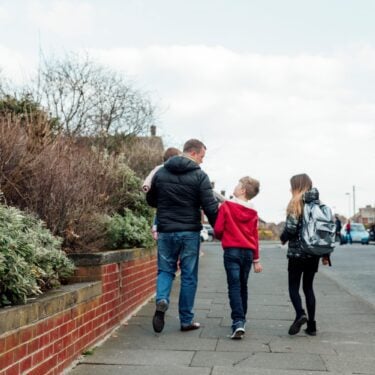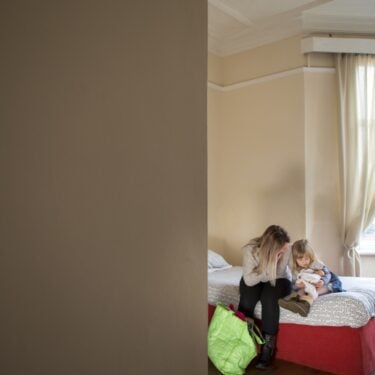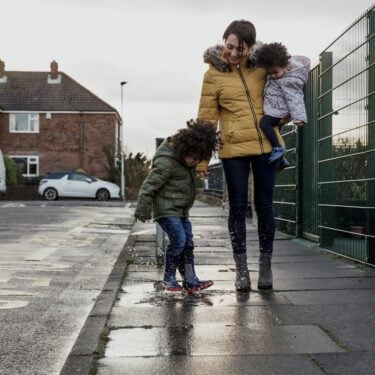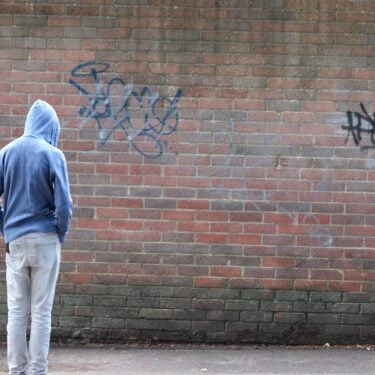New research published today by the Nuffield Foundation reinforces the case for reform of the overly complex divorce system in England and Wales. Taking Notice finds that the current system can fuel conflict and disadvantages people who represent themselves and those alleging abuse as grounds for divorce.
The government has proposed to reform the legal requirements for divorce, including removing the need to allege ‘fault’ and replacing it with a process of giving notice of irretrievable breakdown. Based on analysis of a national sample of both undefended and defended divorce cases, Taking Notice recommends:
- The proposed notification period of six months should begin before decree nisi to avoid people being subject to unpredictable variations in processing times. If the six-month notification period ran alongside the administrative processing, people would not be subject to unfair delays caused by an indeterminate and variable period to decree nisi. This would also mean that people are less likely to be penalised in cases where decree nisi is delayed because of the obstructive behaviour of their ex-partner.
- The ability to defend a divorce should be removed. It has been suggested that the use of the five years ‘Fact’ in some divorce cases indicates a lack of consent from the respondent to the principle of divorce, and therefore the number of would-be defenders is larger than thought. The new analysis found this not to be the case. Even in cases where couples had been living apart for five years before divorcing, this was not indicative of a desire of one of the parties for the marriage to continue. In cases where divorce proceedings are started but not completed, this is largely due to procedural or legal difficulties or protracted negotiations over finances, rather than reconciliation.
- The significant minority (14%) of cases in which one party does not respond to the divorce petition needs to be addressed. Nearly half of these cases fail to reach decree nisi and those that did took 7.5 months. Non-response was more likely to occur in cases featuring allegations of domestic abuse or coercive control. And litigants in person, in particular, experienced significant problems with the accessibility and effectiveness of the process to effect service in cases of non-response. These cases further the argument for the notification period to begin before decree nisi, and highlight the need for the digitisation of the divorce process to address the issue of non-response.
The analysis presented in Taking Notice was undertaken by Professor Liz Trinder at the University of Exeter and funded by the Nuffield Foundation. It addresses the questions raised by the Ministry of Justice consultation (MoJ) on reform of the legal requirements for divorce. The MoJ consultation takes on board recommendations from two earlier Nuffield Foundation reports by Professor Trinder, Finding Fault, and No Contest.
Professor Liz Trinder said:
“This new research reinforces the case for divorce law reform along the lines proposed by the Ministry of Justice. The current system is complex, confusing and creates unnecessary conflict. The proposal to allow divorce only after a ‘cooling off’ period will help families focus on the future, not on an unhelpful ‘blame game’. Our new research also finds that the Ministry of Justice is right to propose removing the outdated right to defend a divorce.”
Tim Gardam, CEO of the Nuffield Foundation said:
“The Nuffield Foundation welcomes the Ministry of Justice’s consultation on reforming the divorce law in England and Wales, which draws heavily on Nuffield-funded research on how the current system increases conflict for separating couples and their children. We hope Professor Trinder’s new analysis will be similarly influential in ensuring a reformed divorce law provides a clear, accessible and considered legal mechanism for those whose marriages or civil partnerships have broken down irretrievably.”










































